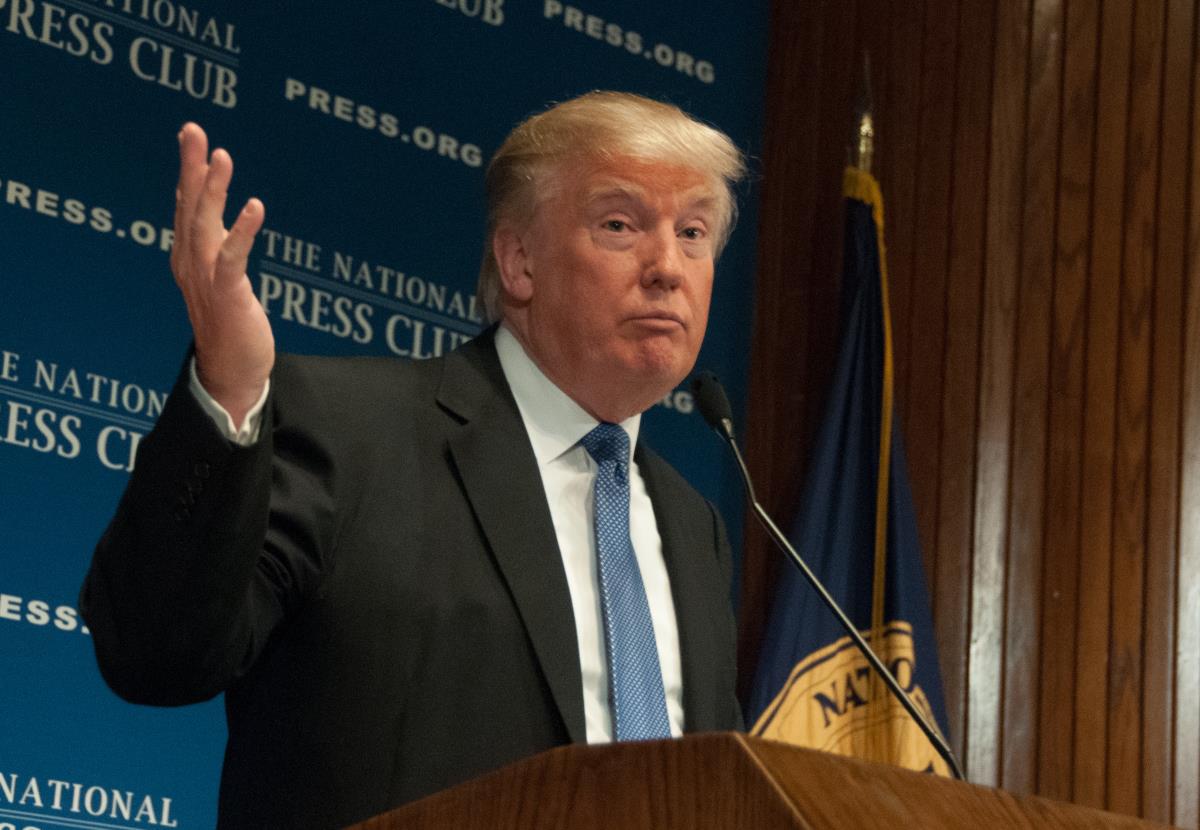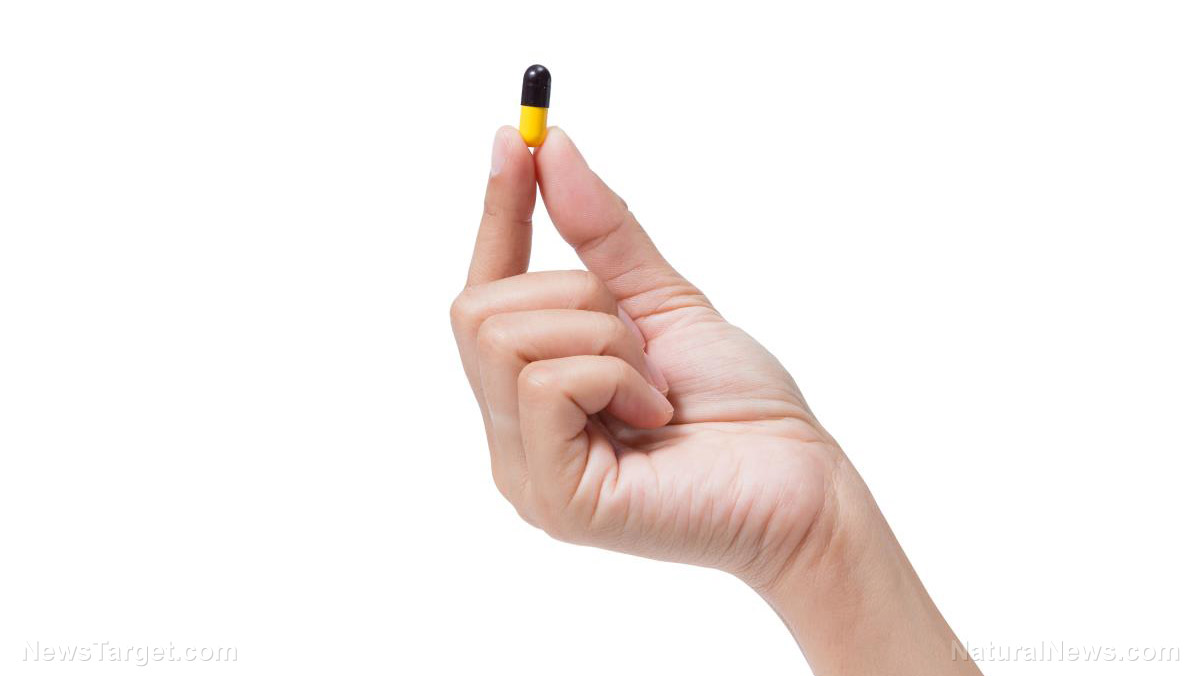Big Pharma’s stock values PLUMMET after President Trump announces executive order on drug prices
07/16/2019 / By Ethan Huff

The drug industry is at a critical juncture in time where it must decide either to start doing business honestly and transparently, or else face the ire of an administration that, in holding true to its promises, is determined to hold Big Pharma accountable for taking advantage of patients and taxpayers.
On July 5, the day after Independence Day, President Trump announced that in lieu of any formidable action by Congress, his administration is planning to issue an executive order that will force drug companies to sell their drugs here in the United States for the same amount that they do in the lowest paying foreign nations.
In other words, American patients will pay no more than what patients do in countries where drug prices are sold for the cheapest price. This will ensure that Big Pharma doesn’t get away with price-gouging First World countries for life-saving medications when those same medications are being sold for far less in the Third World.
“We’re going to be announcing something very shortly: a favored nations clause,” President Trump recently announced, prompting an immediate drop in drug industry stock values.
“As you know, for years and years, other nations paid less for drugs than we do. Sometimes by 60–70 percent. We’re working on it right now, we’re working on a favored nations clause, where we pay whatever the lowest nation’s price is. Why should other nations – like Canada – but why should other nations pay much less than us? They’ve taken advantage of the system for a long time, pharma,” Trump added.
For more related news about Trump’s efforts to stop Big Pharma from financially raping the country, be sure to check out BigPharma.Fetch.news and Trump.news.
Trump wants to save the American public money for health care – how could anyone be against this?
Describing his plan as a “favored nations clause,” Trump explained that the lowest prices that any country is currently paying for drugs are the same prices that the U.S. will pay moving forward, bringing Medicare prices more in line with what other countries are currently paying and saving taxpayers tens of billions of dollars.
If all goes according to plan, the Medicare system will save an estimated $17.5 billion over the next five years. Health care costs as a whole should also decline, as Trump’s executive order will require that hospitals disclose cost-of-care pricing right upfront, rather than after the fact.
Another benefit to the plan involves drug companies being forced to pay rebates directly to consumers, rather than to middlemen like pharmacy benefit managers. This change will mean that an additional $150 billion is returned back to We the People, rather than funneled right back into the drug industry coffers.
Since improved health care is a key issue for many leftists, perhaps some of them will finally see the light and recognize that President Trump is trying to do good by decreasing drug prices for all. After all, isn’t the prospect of holding powerful, multinational corporations accountable for their actions something that leftists have long claimed to champion?
“When prices are transparent and competition is encouraged, consumers win,” wrote HHS Secretary Alex Azar in a New York Post op-ed that was published back in February. “We believe that can prove true in health care as it has in every other area of the American economy.”
“Delivering such a health care system will mean some disruption to the status quo,” he further added. “But anyone who wants to defend that status quo will have to explain why they want to keep prices high and patients in the dark.”
To keep up with the latest developments on this front, be sure to check out DrugCartels.news.
Sources for this article include:
Tagged Under: Big Pharma, drug cartels, drug prices, executive order, Pharmaceutical industry, plummet, President Trump, stocks, transparency
RECENT NEWS & ARTICLES
PharmaceuticalFraud.com is a fact-based public education website published by Pharmaceutical Fraud Features, LLC.
All content copyright © 2018 by Pharmaceutical Fraud Features, LLC.
Contact Us with Tips or Corrections
All trademarks, registered trademarks and servicemarks mentioned on this site are the property of their respective owners.



















